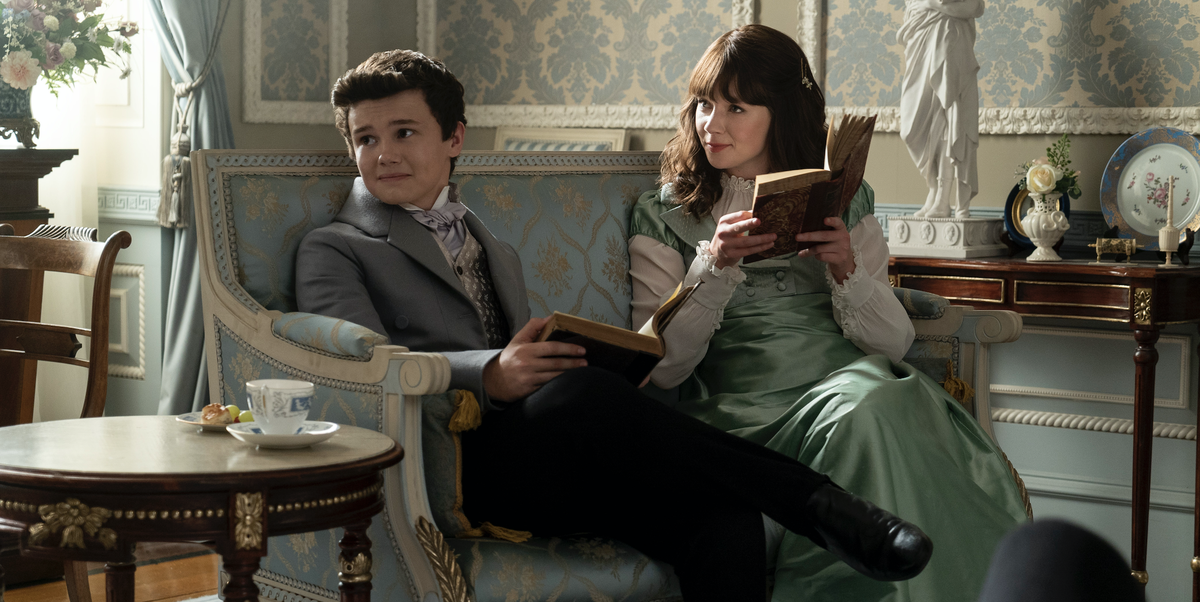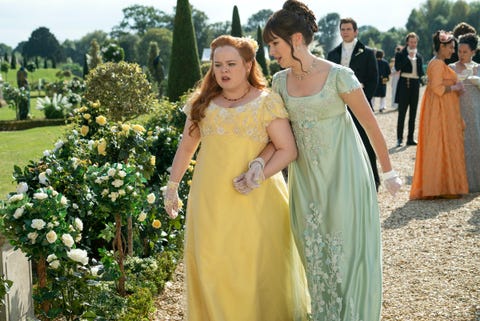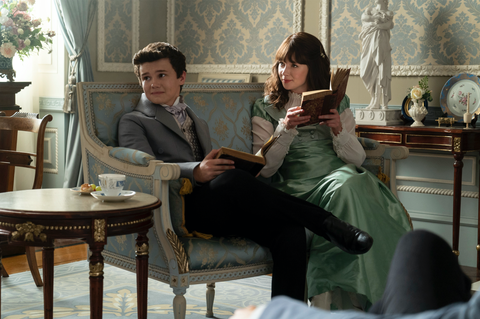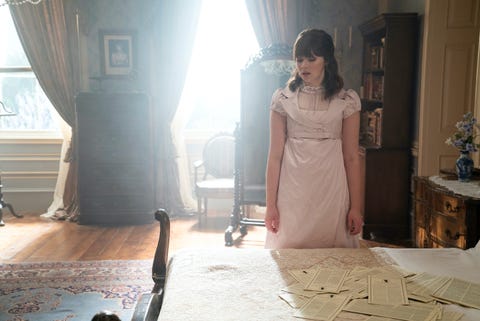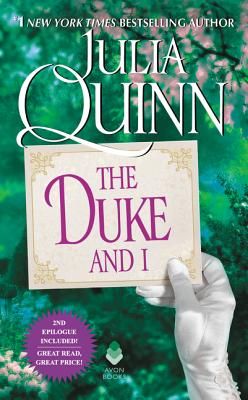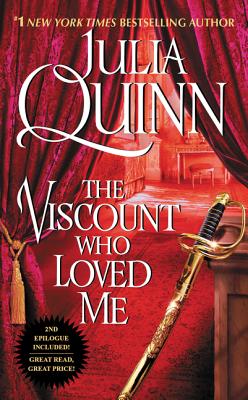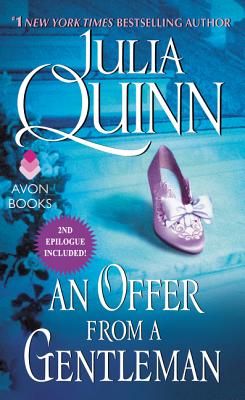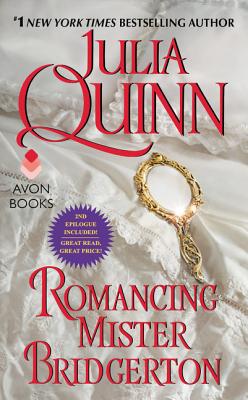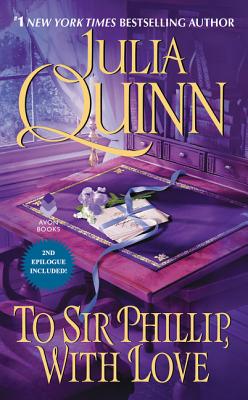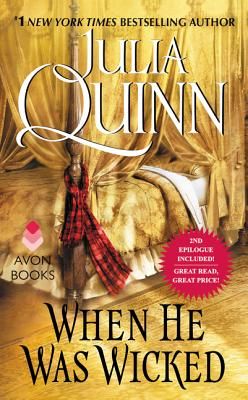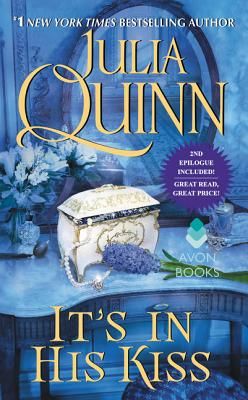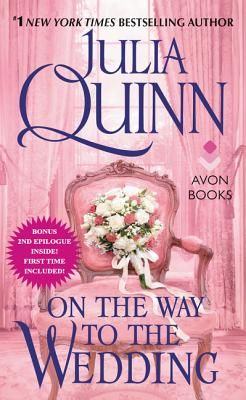Products You May Like
Spoilers ahead.
Perhaps the relationship between Eloise Bridgerton (Claudia Jessie) and Penelope Featherington (Nicola Coughlan) doesn’t get the marquee billing of its steamier counterparts, but if the Bridgerton season 2 finale proved anything, it’s that the duo know how to execute a satisfyingly stinging break-up. Even if it just so happens to be a platonic one.
The latest chapter in the lavish Shondaland period drama sees Viscount Anthony Bridgerton (Jonathan Bailey) finding his heart’s desire in the unexpected: Kate Sharma (Simone Ashley), the older sister of his fiancée, Edwina Sharma (Charithra Chandran). This proves awkward, certainly, though perhaps not quite as awkward as the revelation to come: As we know from season 1, Penelope is secretly moonlighting as the notorious gossip columnist Lady Whistledown, whose identity Eloise spends much of season 2 hunting down. Her quest only escalates after Whistledown writes about Eloise’s scandalous friendship with Theo Sharpe, a printer’s assistant at the shop where Whistledown publishes her materials. Backed into a corner and scorned by the ton, Eloise breaks off their budding romance; when she eventually discovers Whistledown is, in fact, her closest friend, the fallout is swift and, in Jessie’s words, “brutal.”
As a sobbing Penelope attempts to regain Eloise’s trust, she promises the gossip pamphlet is no more. “Whistledown has been all I have had, and I have given it up,” she says. “I am done with it. I wrote what I wrote, and I gave it up for you.” To which Eloise coldly responds, “I do not even know you.” Mere minutes later, the finale credits roll.
To address such a startling end to the season—and soothe any concerns about reconciliation—the 32-year-old Jessie shared how the big break-up scene came together, Eloise’s growing sense of autonomy, her relationship with Theo, and what’s to come in season 3 and beyond.
How did filming this season feel different than the last? Was there added pressure, knowing how big of a phenomenon the show has become?
I think all of us were aware [last season, that the show could blow up]. It’s Shondaland; it’s Netflix. These are two giants in the game. [The cast] all got along—still get along—so well, so we just blasted through it. And then it finished on 28th of February 2020, and then the world broke.
Even when it came out at Christmas, in the U.K., we were in our third and potentially longest, bleakest lockdown. And then when we got back for season 2, I must admit it was such a horrendous time for people. Personally, any success that we had garnered was eclipsed by how lucky we were to have a job at a time where so many people didn’t have work, and had lost businesses, and lost money, and I just felt so lucky. I couldn’t believe I got to work and do something I love so much.
But, I think, trying to remove the pandemic and COVID—I’m not sure what it’s like for the [cast] that have entered in season 2, but for those of us who were there from the beginning, it really was just getting back into our costumes, and being silly with each other again, and getting to be around the people that we love. It really wasn’t until actually filming season 2 that it hit me, like, “Oh, God. Yeah, people really did like it.”
Eloise is a much more central character in season 2. This is her coming-out season, and we know before we even watch it happen that she’ll hate every second. What was it like to film those comedic scenes, as she’s dragged through these despised rituals?
I was really looking forward to it because, like you said, if anyone had any predictions of what Eloise was going to be like when she enters society, they’re probably spot on. She’s going to really hate it, and to try and find ways of unsubscribing from it. Whether that’s bribing a footman or something.
I think Eloise is so young. When I first played her, she was 17 years old. That’s insane. I was nothing when I was 17 years old. I didn’t know what the hell was going on, and I’m aware that that youthfulness needs to be portrayed by me. I’m a 32-year-old woman with a very deep voice, and I have to put on that sort of spritely thing Eloise has. I consciously try and make [myself] walk and move differently in the costumes, or sit differently, so it’s clear that she’s young and she doesn’t want to be a part of etiquette.
Why do you think Eloise feels as trapped as she does in this society? It doesn’t seem to bother Daphne or her mother or even Penelope in quite the same way. What makes Eloise as resistant as she is?
This show, I think the reason people like it so much, is that it’s a period piece that does a good job of representing people; I don’t think that’s been done as skillfully before. And there has to be a voice that’s close to the audience. I think Eloise is really close to the audience. She’s really close to all these amazing young women across the globe trying to do things that aren’t expected of them.
I think what’s brilliant about Eloise is, rather than just rallying against [society], she questions things. So if someone’s like, “You need to go to these balls,” she’ll be like, “Why? I don’t get it. Why do I have to?” or, “Why can’t I earn my own money?”
I think feminism and the feminist narrative is artfully peppered throughout all of the characters. I just think Eloise is the one with the megaphone. Because the smartest thing to do is to give it to the comedy character, because you connect with someone who is funny immediately.
There are instances where taking the fiercely independent female character and giving her a romance plot can feel trite, even patronizing. But in this particular storyline, when Eloise meets Theo, their rapport feels pleasantly natural. Why do you think that is?
What she’s been used to in her very short amount of time out in society is the experience of unequal relationships. Whereas, with Theo, they really jab at each other immediately, and that’s a sign of an equal relationship. He’s not patronizing her. They’re making fun of each other. It’s consensual back and forth.
So she likes that. I think she likes that it’s someone outside of the society she knows, outside of the ton, because she finds that her environment is so stale. Story-wise, I agree with you: I think it’s actually more exciting to see someone like Eloise have intimate feelings for someone. Because I think there’s this idea that Eloise denounces love! I don’t think she does. I think she denounces the performance of it all. I think she denounces the structure that it exists within. So I think she tries to rally against that rather than the actual notion of love, because she doesn’t know—she doesn’t know how babies are made. She doesn’t know what love is. I think when this [romance] starts to happen, it’s thrilling for her.
But arguably the most intense relationship of the entire season is that between Eloise and Penelope. And it’s interesting—their friendship begins to fray from the first episode, long before Eloise learns Lady Whistledown’s identity. How did you and Nicola talk through that tension, knowing where it would eventually lead you?
I was so pleased when I got the [script for] the episode where Eloise was going to find out. I think it’s such a good thing to do—because the end of season 1, we find out [Lady Whistledown] is Penelope. The only other satisfying thing at the end of season 2 is for the person everybody wants to find out the most to find out, right? Because the stakes are the highest with Eloise. It’s the most impactful.
Nicola is so sweet, so she’d always be like, “Oh God, I can’t believe Penelope’s doing this…” But I totally get it. I totally get why [Penelope] hasn’t told [Eloise]. She can’t, because otherwise she can’t fulfill her job. She wouldn’t be able to write as frankly as she does about the Bridgertons. She also doesn’t come from the same warm domestic setting that Eloise does. There’s so much to unpack. It’s grim. It’s so bad, but I get it.
And I think we also needed to be conscious of their age. When you fall out with a mate for the first time, it’s the most horrific thing. The stakes are just constantly so high because they’re young. Penelope has got so much to hold onto, and Eloise wants to break out of society. And I think Eloise thinks her answer to that is finding out who Lady Whistledown is.
Why do you think Eloise learning Lady Whistledown’s identity would help her escape society?
I think it’s escapist. I think it’s escapism. I think she genuinely does admire that there’s someone making money, a woman making money independently, through writing. I think Eloise probably wants to be Lady Whistledown a bit, so that’s why it’s so interesting.
Going into season 3, where does that leave Eloise? When she does find out this person she’s admired for two seasons, as it were, turns out to be a best mate? What’s Eloise left with then? She’s going to have to figure out what she wants on her own rather than living through this quest.
We, of course, knew this moment would come eventually, when Eloise would learn Penelope’s real identity. But did you think it would play out like this?
This is better than anything I could’ve imagined. When me and Nicola first read it, I was like, “Ah. I don’t even need to do anything because it’s all there in the script.” I really wanted to make sure it didn’t just become a screaming match because firstly, that’s a bit boring. But the script doesn’t really allow for that, anyway.
Especially for Eloise, she’s incredibly contained. She’s furious. So I think it’s better than I could have imagined, and I just love it. I love it because I know, for the people who are proper die-hard fans, it’s going to be amazing to watch. That makes me so happy, even though it’s brutal.
What was it like, actually filming that fight?
Every time they called cut, we’d have a little cuddle. Because we were nervous for it. We were nervous. We were talking about it for weeks ahead of shooting. We only get two scripts at a time each block, so we didn’t really know too far in advance. So when we got episodes 7 and 8, we saw the argument and then we started talking about it. We were just so excited and we wanted to nail it.
Is there a world in which Eloise forgives Penelope, and what do you think it will take for that to happen?
Yes. Eloise is going to have to listen, I think. Eloise is going to have to listen because I think that’s what Eloise doesn’t do a lot, is listen.
I think she’s the most fabulous creature. I love playing her with my whole heart. She’s the best thing that’s ever happened to me, that character, but she needs to listen. Because she talks. There’s no filter.
And I don’t think Penelope’s blind to how much she’s hurt her. I think she’s known the whole time. So I don’t think Penelope actually needs to work that hard. I think Eloise needs to be able to listen, and then forgive.
But I also think that Eloise—I think Eloise won’t tell anyone. I think Eloise will continue to be a good mate and not tell anyone, because what does Eloise gain, really? Yeah, I do think they’ll make up, but I don’t think it’s going to happen quickly.
We know the show’s been renewed for seasons 3 and 4. What do you most want for Eloise in the next chapter?
One secret dream is she gets to tell Theo why she did things the way she did them. I’d love—not even for them to end up being a couple or anything. I would just love for him to know. I want Eloise to be able to explain herself.
[The cast] genuinely knows nothing [about what happens next]. We know nothing about the next few seasons, but for Eloise, a further story? I’d love to see her become political. I know that romance is such an important part of this show, and it is everywhere. It’s beautiful. But I do think it would be—not to ignore romance with Eloise, of course—but I do think there’d be something really cool about her finding her path. I really want her to find hers and then become political about it. I think that would be really cool.
In the books, Eloise’s story, as it’s called, doesn’t play out until book 5. And if the show continues to follow chronological order, that would mean the fifth season would be hers—unless, of course, things are condensed and truncated. Do you hope to stick around as long as this show continues?
Listen, I’ll play Eloise for as long as they’ll let me. I’ll happily be doing this way into my 40s.
But there’s no desire—and I want to be sincere about this—there’s no desire to do it so I can lead this show. That’s not what it is, because actually, where Eloise has sat in season 1 and where she sits in season 2 is so beautiful to me. It’s not like she didn’t have her moments. People really connected with her, and I just want to continue to do that.
But if anything like [a leading role] does happen, well then, I’m the luckiest girl in the world because I’ve had quite a run-up. I’ve been able to see people really do it and learn from them. I’d be very grateful for whatever was put in my lap by Shondaland and Netflix.
This interview has been edited and condensed for clarity.
This content is created and maintained by a third party, and imported onto this page to help users provide their email addresses. You may be able to find more information about this and similar content at piano.io
